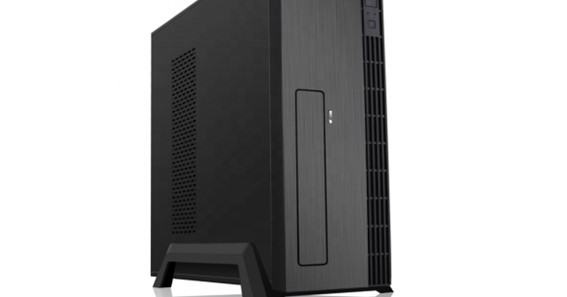When you think about your pc case customization, you might feel overwhelmed by the sheer number of cases on the market. From a big tower to a small PC, there are many different sizes, shapes, and airflows to choose from.
Which choice is best for you? Would it be smarter to choose the more expensive one? Do you like the model that is smaller and more discreet?
click here – Do Under-Confident Drivers Make The Road More Dangerous?
How to Understand PC Case Sizes:
There are four common sizes of computer cases right now: full tower, mid tower, mini tower, and small form factor (SFF). The name of a case is based on how many 3.5-inch bays it has, even though manufacturers don’t have to follow standard case sizes. Cases can also be sorted by how many expansion slots they have on the back.
The space you have to offer:
The amount of space inside a PC case is one of the most important things to consider. If you only have a small desk and want to keep your CPU there, you should get a small form factor or mini-tower case (or even hang it beneath the table).
When things are tight, choosing a smaller container for a shelf or a sliding cabinet is also a good idea. Several small PCs are great for use as a home theater PC. Also, they are great for minimalists who want simple and elegant places.
Purpose:
You should choose the Mid Tower case to build a gaming PC that can run the latest games at the highest resolutions. A tower case is a good choice if you have the space and money. However, it’s not the best choice if you don’t care about how it looks. Some cases are made just for games.
You can fit the latest technology in these bigger cases without worrying about space. The huge size of these cases helps cool the air and gives fans and heatsinks more room to work.
If you want to build a server with many hard drives, a lot of RAM, and even two CPUs, you can only do so with a full tower case. It’s the only one that can hold everything you need and has enough space to keep all the parts from getting too hot.
Still, a Small Form Factor case is enough to store movies and stream them to your living room TV. Users who don’t need much more than word processing and web surfing but don’t want a laptop should be able to get by with just a Mid Tower case.
The details you’ve chosen are:
Some people want a small, simple PC but need a powerful machine. Small Form Factor or Mini Tower cases let you do this, but you must be careful about which parts you choose. A video card with a big footprint like an RTX 3080 Ti might not fit well in a small case.
A riser cable might also be needed since most SFF cases don’t have enough room for a video card to be connected directly to the motherboard. A small form factor or mid-tower case will do if you have a simple PC with a CPU that has built-in graphics and doesn’t need much cooling.
click here – Varicose Veins- What you Need to Know About Them
Your needs for getting around:
If you need to work while traveling, the best thing is to use a laptop. On the other hand, if you need desktop-level processing power on two workstations—say, at your office desk and at your home office—a powerful Small Form Factor enclosure is the best choice.
By unplugging all of its devices and using a Small Form Factor enclosure, you can quickly move your PC from one workstation to another. The built-in handles make it possible to carry these cases with one hand. Also, because these PCs are modular, it is easier to upgrade their storage, RAM, GPU, and CPU than laptops.
Your Preferences for Spending:
Most of the time, mini tower cases are the cheapest on the market. So, if all you care about is how it works and not how it looks or how well it works, this is your best option. Even so, if you’re willing to spend a little more, you might want to consider a Mid Tower case with more room for expansion.
Most of the time, full-tower and small-form-factor cases are the most expensive options. Most peripherals and cards fit in Full Tower cases, so you don’t usually have to spend more money.

